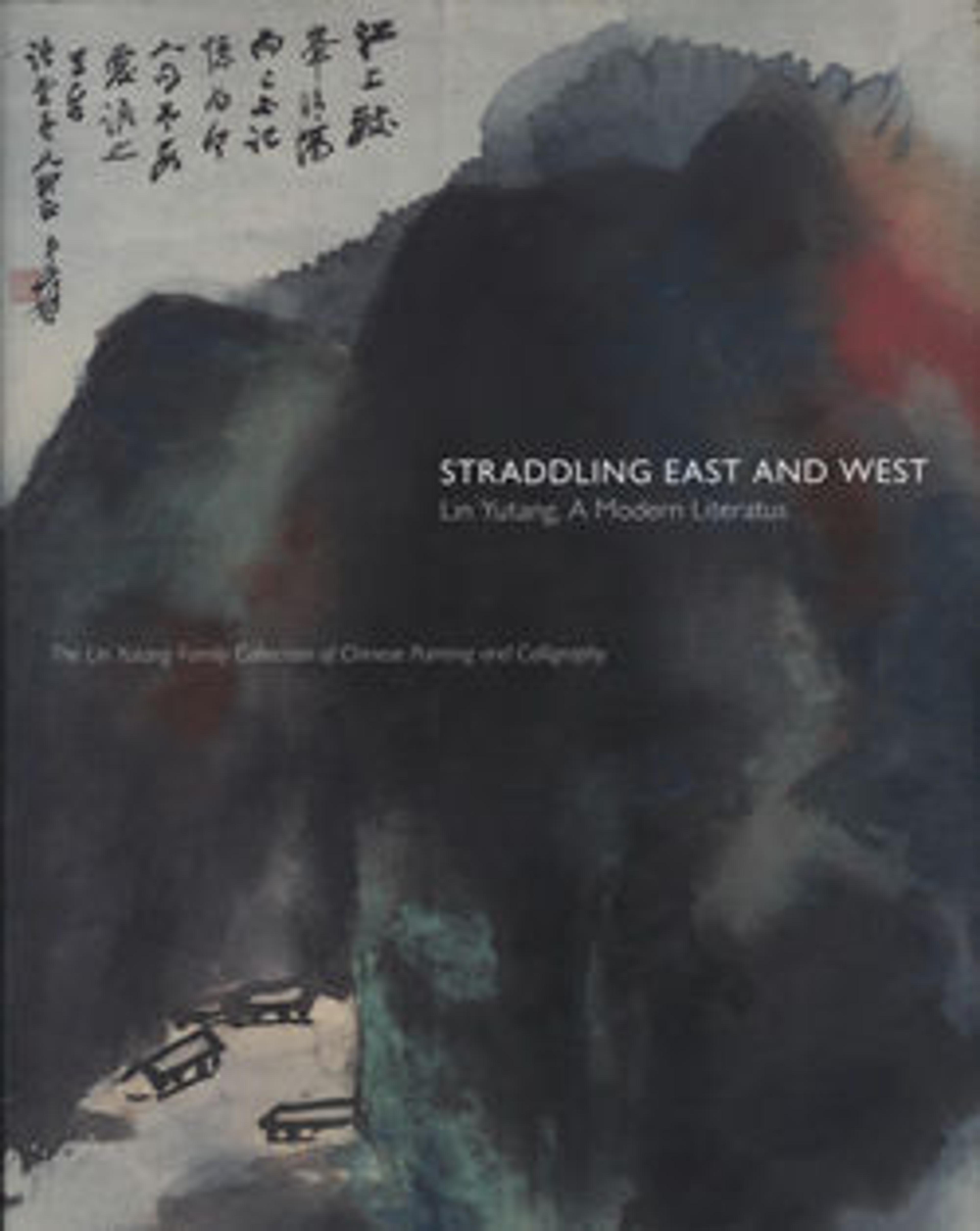On Man and Nature
Lin Yutang wrote this piece for his son-in-law Li Ming (Richard Lai). It begins with a transcription of a passage from the essay "On Nature" by Xunzi (Xun Qing, 340–245 B.C.), one of the twin pillars of early Confucianism. After the quotation, Lin offers his own comment on Xunzi's idea. In his essay, Xunzi took pains to refute the rival theory of the "unity of man and nature" that was to dominate Chinese thought for the next two millennia. Lin Yutang notes that this is the only place in the history of Chinese philosophy where the notion of mankind overcoming nature for its own benefit is so strongly articulated. He also sees in Xunzi's words a parallel to the Western scientific and utilitarian approach to nature, and, for once in his life, champions the Western attitude toward nature as a material resource to be exploited. instead of regarding Nature as great and admiring it, why not foster it as a thing and regulate it? Instead of obeying Nature and singing its praise, why not control the Mandate of Nature and use it? Instead of watching the seasons and waiting for them, why not respond to them and make use of them? Instead of letting things multiply by themselves, why not exercise your ability
to transform [and increase] them?
(trans. by Wing-tsit Chan, A Source Book in Chinese Philosophy [Princeton: Princeton University Press, 1963], p. 122)
to transform [and increase] them?
(trans. by Wing-tsit Chan, A Source Book in Chinese Philosophy [Princeton: Princeton University Press, 1963], p. 122)
Artwork Details
- 現代 林語堂 行書荀子天論 冊頁
- Title: On Man and Nature
- Artist: Lin Yutang (Chinese, 1895–1976)
- Date: dated 1971–1972
- Culture: China
- Medium: Album leaf; ink on paper
- Dimensions: Overall: 14 5/8 x 23 13/16 in. (37.2 x 60.5 cm)
- Classification: Calligraphy
- Credit Line: The Lin Yutang Family Collection, Gift of Richard M. Lai, Jill Lai Miller, and Larry C. Lai, in memory of Taiyi Lin Lai, 2005
- Object Number: 2005.509.19
- Curatorial Department: Asian Art
More Artwork
Research Resources
The Met provides unparalleled resources for research and welcomes an international community of students and scholars. The Met's Open Access API is where creators and researchers can connect to the The Met collection. Open Access data and public domain images are available for unrestricted commercial and noncommercial use without permission or fee.
To request images under copyright and other restrictions, please use this Image Request form.
Feedback
We continue to research and examine historical and cultural context for objects in The Met collection. If you have comments or questions about this object record, please complete and submit this form. The Museum looks forward to receiving your comments.
